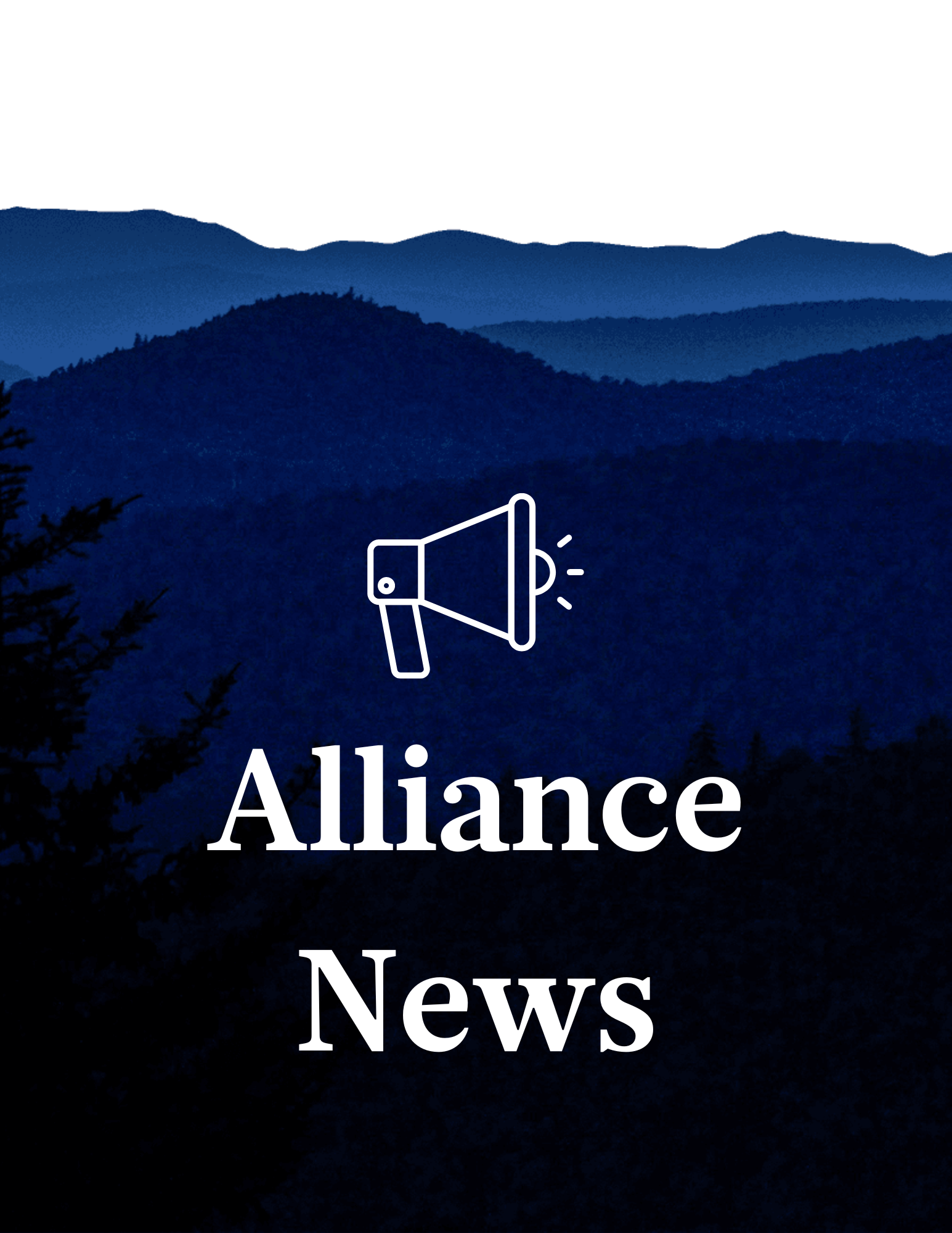Home / U.S. Climate Alliance Partners with Resources for the Future and the Climate Impact Lab on Calculating Cost of Climate Damages

Speaking at international climate change talks in Germany, governors representing the U.S. Climate Alliance announced a new partnership today with Resources for the Future and the Climate Impact Lab. The Social Cost of Carbon is an economic tool that was first established under President George W. Bush nearly a decade ago, and standardized under President Barack Obama, that provides a dollar valuation of the damages caused by carbon pollution. It plays a vital role in climate change policymaking, and has been used to inform major climate regulations, hundreds of federal and state actions and rulemakings, and billions of dollars of investment decisions.
The Trump administration has sharply lowered these Social Cost of Carbon estimates, and disbanded efforts to update the metric in accordance with the most recent science. Undervaluing the impacts of climate pollution similarly undervalues the benefits from regulatory actions to curb greenhouse gas emissions and climate-smart investments, such as sea walls, to protect communities vulnerable to rising ocean levels.
Today’s announcement aligns the U.S. Climate Alliance with two complementary academic collaborations aimed at updating and improving the Social Cost of Carbon. In the absence of federal efforts, RFF and the Climate Impact Lab are working to implement recommendations provided by the U.S. National Academies of Sciences, Engineering, and Medicine to ensure that the Social Cost of Carbon estimates reflect the best available science and to enhance their transparency.
RFF’s Social Cost of Carbon Initiative will yield an updated set of estimates for the Social Cost of Carbon that are responsive to the full set of National Academies recommendations and that are generated through an open and transparent process, based upon fully open source and publicly available analysis. RFF is an independent, nonprofit research institution dedicated to improving environmental, energy, and natural resource decisions through impartial economic research and policy engagement.
The Climate Impact Lab, a collaboration of economists, scientists, and risk analysts from some of the nation’s leading research institutions, is leveraging an evidence-based, data-driven approach to quantify climate impacts at a hyper-local scale to produce a first-of-its-kind empirically derived Social Cost of Carbon.
Today, the U.S. Climate Alliance, RFF and Climate Impact Lab are forming a partnership to advance the Social Cost of Carbon, share information related to scientific progress to update the metric, and promote opportunities to use the Social Cost of Carbon appropriately across a wide range of policy applications. The partners will also work collaboratively to identify policy needs and develop guidance for policymakers around the globe to inform the development of cost-effective actions to tackle climate change.
###
RFF is an independent, nonprofit research institution dedicated to improving environmental, energy, and natural resource decisions through impartial economic research and policy engagement. The Climate Impact Lab is collaboration of more than 20 researchers from the University of California, Berkeley, University of Chicago, Rhodium Group, and Rutgers University. Together, they are linking together state-of-the-art climate modeling, economic statistics, and big data analytics to build the world’s most comprehensive body of research quantifying the impacts of climate change around the globe.
Launched on June 1, 2017 by the governors of Washington, New York, and California to help fill the void left by President Trump’s initial decision to withdraw the U.S. from the Paris Agreement, the Alliance has grown to include 24 governors from across the U.S. representing approximately 60% of the U.S. economy and 55% of the U.S. population. Governors in the Alliance have pledged to collectively reduce net greenhouse gas emissions by at least 26-28% by 2025, 50-52% by 2030, and 61-66% by 2035, all below 2005 levels, and collectively achieve overall net-zero greenhouse gas emissions as soon as practicable, and no later than 2050.
The Alliance’s states and territories will continue to advance innovative and impactful climate solutions to grow the economy, create jobs, and protect public health, and have a long record of action and results. In fact, the Alliance reduced its collective net greenhouse gas emissions by 19% between 2005 and 2022, while increasing collective GDP by 30%, and is on track to meet its near-term climate goal by reducing collective GHG emissions 26% below 2005 levels by 2025. The coalition’s states and territories are employing more workers in the clean energy sector, achieving lower levels of dangerous air pollutants, and preparing more effectively for climate impacts and executing more pre-disaster planning than the rest of the country.
###